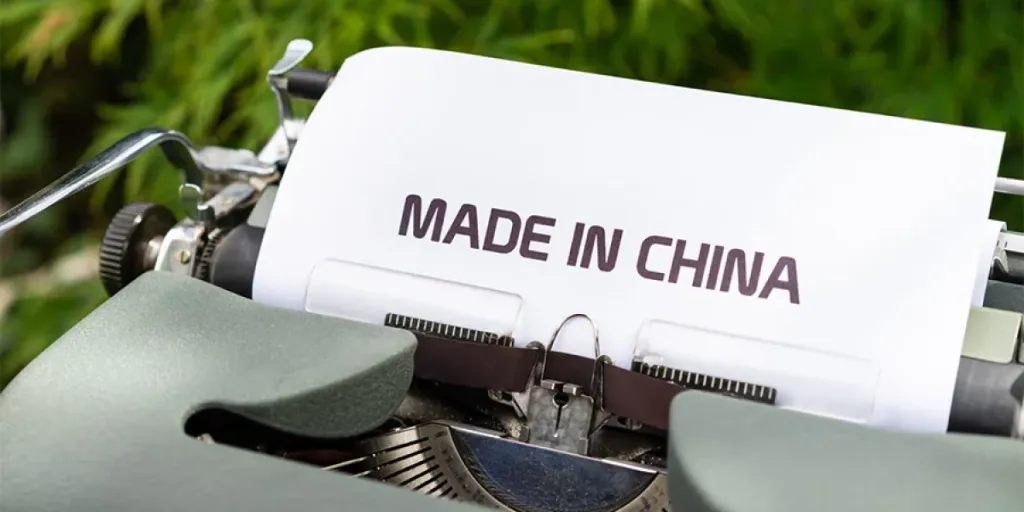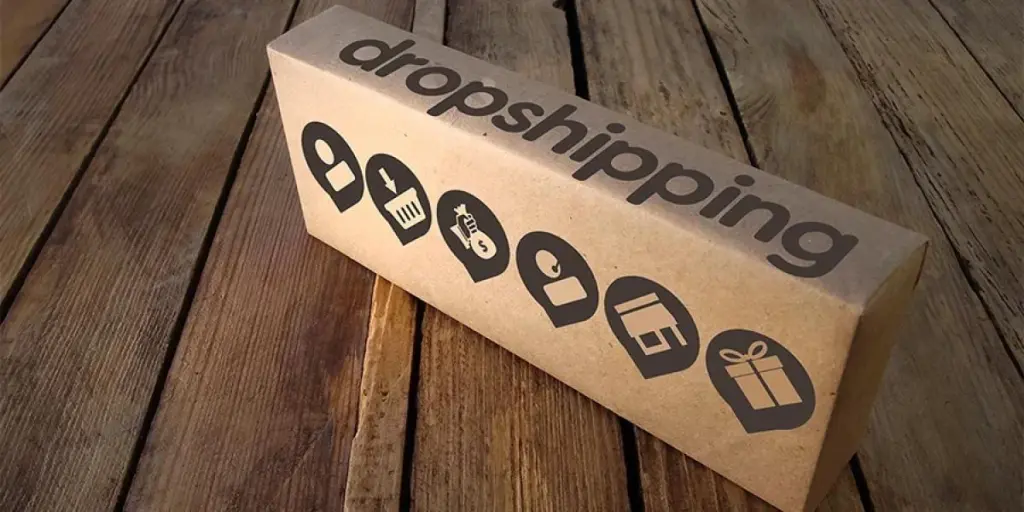Whether old or new, all wholesalers need goods and services from suppliers to start and grow their business. That’s because so many aspects of success, from product quality to timely and risk-free delivery, depend on having reliable suppliers.
Without great supplier relationship management, there’s a higher possibility of missed deadlines, stalled production, and unsuitable delivery. Therefore, optimizing how they find, select, and relate with suppliers has become a key priority for global wholesalers. And that starts with proper supplier management.
What does supplier management mean for B2B e-commerce buyers, and how does it benefit your business? This article explains the basics wholesalers should know, plus seven intelligent strategies for fruitful supplier relationship management.
Table of Contents
What is supplier management?
7 smart supplier management strategies
Benefits of strategic supplier relationship management
What is supplier management?
Supplier management refers to how a business optimizes the supplier lifecycle from start to end. It constitutes a part of the procurement process and supply chain management for companies.
Managing supplier relationships includes all processes and activities involved in identifying, selecting, and relating with suppliers to ensure they provide maximum supply chain value.
In most industries, suppliers are important partners for their wholesale clients. According to McKinsey & Co., suppliers can contribute up to 40% of product value for manufacturers, which emphasizes their importance in production.
Even the slightest disruption in supplier performance can affect output and company profits. As a result, savvy wholesalers make an effort to create and maintain a value-driven relationship with their supply partners.
The meaning of supplier relationship management isn’t just about extracting value from key suppliers, though. It’s also about creating a mutually-beneficial relationship with them. Much like employees’ loyalty to a company that looks out for them, making the business relationship worth a vendor’s time can ensure long-term loyalty and higher quality delivery.
However, as Deloitte reports, wholesalers are often unaware of the competitive advantage that strategic supplier management can provide. Therefore, smart supplier management may be the key for wholesalers to optimize their procurement teams and processes.
7 smart supplier management strategies
Improving supplier collaboration starts with accepting where there are gaps in vendor relationships. Indicators for improvement include consistently missed deadlines, unsteady product standards, and frosty supplier relations. However, even if there are no obvious issues, good supplier relationships can always improve.
Consider applying these supplier management best practices for better long-term relationships with suppliers.
1. Segment suppliers
The supplier management process starts with segmenting suppliers. As a rule, not all supplier relationships are equal. Some vendors are more vital to your company because they provide goods or services critical to your business operations.
Because certain suppliers are more important than others, segmenting vendors helps businesses better focus their energies. Split current suppliers into the following categories:
- Strategic suppliers: Their goods and services are essential for production or business operations. For instance, microprocessor vendors are key suppliers for computer manufacturing companies.
- Tactical suppliers: Their supply products may not feature heavily in business operations, but they meet specific critical needs in business workflow. Sticking with the computer manufacturing example, a tactical supplier may be a sound system vendor.
- Operational suppliers: These are often substitute or emergency suppliers. They may also provide basic operational items that are outside core business processes.
- Commodity suppliers: They provide everyday supplies that businesses can readily obtain elsewhere. Commodity suppliers are easily replaceable and are therefore less of a target for strategic supplier management.
While businesses should make an effort to nurture all supplier relationships, this classification should provide a clear view of which supplier relationships are key.
2. Set clear expectations

Clear and consistent communication is just as critical in business as in our personal lives. Start supplier engagement on the right foot by clearly expressing business goals for the relationship and what a successful engagement looks like.
For example, are there specific product standards or supplier practices that the wholesaler requires? Let these expectations guide the search for a supply partner, whether offline or online, through a B2B marketplace.
3. Define and monitor KPIs
While it’s critical to outline specific expectations, monitoring and assessing compliance with those expectations is just as crucial. Without proper vigilance, supplier performance can slip, leading to unfavorable outcomes for all parties.
Define key performance indicators (KPIs) and how they will be assessed. Supplier relationship management (SRM) software can be valuable here. Also, keep in mind that promoting a mutually-beneficial alliance means it’s not just the supplier that should be assessed. Wholesalers should also be accountable to their supply partners. This can be done by ensuring that suppliers have access to important data points that would make their job easier.
4. Avoid unfair demand schedules
Wholesalers must understand and honor contractual obligations. Do not demand products or services outside the agreed terms without respectful upfront negotiation. Abstain from requiring supply changes or irregular delivery dates outside the supply agreement.
Likewise, understand that suppliers are businesses with tens or hundreds of other customers. Be considerate in how you place orders and avoid making business demands that jeopardize their relationships with other clients.
5. Give praise when earned
Make suppliers feel valued by formally acknowledging good performance. While wholesalers don’t have an obligation to do this, know that recognizing suppliers for their efforts can spur better performance.
That’s not to say praise should be given out when undeserved. Instead, stay on top of critical KPIs, and when suppliers deliver on business expectations, make it a point of duty to communicate approval and appreciation.
6. Manage contracts proactively
Proactive contract management involves closely monitoring and making timely decisions about supplier contracts. Identify where different contractual terms can accelerate production and cost savings, then renegotiate well in advance.
Poor contract management practices, like letting contracts renew automatically, can cost up to 9% of yearly revenue. Avoid this with hands-on evaluation and decisions about supplier contracts.
7. Empathy and flexibility
Lastly, it’s essential to recognize that businesses can throw up unique challenges and unforeseeable obstacles.
Appreciate that things won’t always go to plan. So, when suppliers run into out-of-character difficulties that impair their capacity to deliver, responding with empathy and flexibility is always a class act.
Additionally, don’t prejudice a supplier’s business by withholding or delaying payment without cause. Prioritize timely payment as much as you can.
Benefits of strategic supplier relationship management
Wholesalers that have a strong relationship with their suppliers perform better overall. As McKinsey reports, such businesses enjoy superior performance and growth at a rate two times better than their peers. In addition to this, supplier management can deliver the following benefits.
Preferential treatment
Wholesalers that maintain a cordial relationship with suppliers are more likely to obtain better delivery times, the best stock, fewer delays, and the best prices.
Supply chain efficiency
Well-managed suppliers contribute to a more transparent and efficient supply chain. Wholesalers can immediately tell who is performing, who isn’t, and where improvements are necessary.
Cost savings
Supplier management provides visibility into the supply chain. It enables wholesalers to identify supply chain inefficiencies and optimize accordingly. This translates into fewer missed deliveries and higher quality supply at competitive prices.
Risk-mitigated supply
With complete visibility into the supply chain, wholesalers are less exposed to the inherent risks of global procurement. They can more accurately identify potential vulnerabilities and the best options to plug those holes.
Wrapping up
Strategic supplier relationship management is smart business, and done well, it can help create reliable and valuable supply chains. Apply these supplier management best practices in creating a procurement process that positively impacts production and profits.




